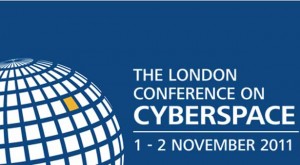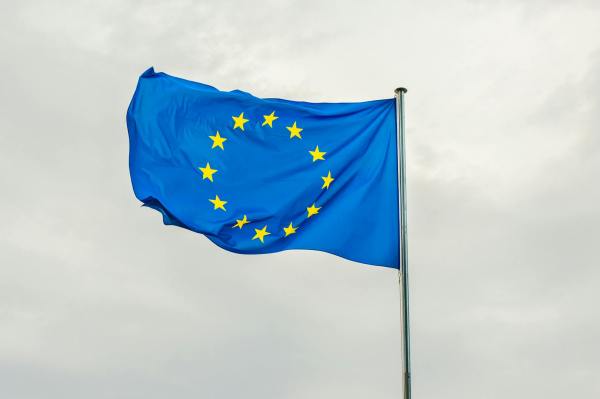Telefónica Public Policy & Telefónica España Regulatory teams
 With such a grandiose and sweeping event title one immediately wondered how much could be achieved in just two days (1st and 2nd of November). The agenda that slowly seeped out in the run-up to the conference didn’t do much to inspire confidence, the themed panels seemingly covering so much ground that it made it difficult to select sessions upfront, as had been requested by the organizers. On the back of various other Internet policy events, such as the IGF and the OECD’s High Level Meeting on the Internet Economy, what more could be said on issues such as Internet freedom, economic growth and development, safe & reliable access and cybercrime?
With such a grandiose and sweeping event title one immediately wondered how much could be achieved in just two days (1st and 2nd of November). The agenda that slowly seeped out in the run-up to the conference didn’t do much to inspire confidence, the themed panels seemingly covering so much ground that it made it difficult to select sessions upfront, as had been requested by the organizers. On the back of various other Internet policy events, such as the IGF and the OECD’s High Level Meeting on the Internet Economy, what more could be said on issues such as Internet freedom, economic growth and development, safe & reliable access and cybercrime?
Nonetheless, with such a starry list of speakers –UK Prime Minister David Cameron, Hamadoun Touré (ITU Secretary-General), US Secretary of State Hilary Clinton (later replaced by VP Joe Biden), ICANN CEO Rod Beckstrom and EU Commissioner Neelie Kroes to name but a few – it was clear that heavy political weight was being given to the event.
UK Foreign Secretary William Hague set out the conference objective on Day 1: to reach agreement on behaviour in cyberspace. Ambitious. That said, various themes and messages did emerge in the course of the presentations that followed: the need for an open Internet, the right to privacy, child protection in the online world, balancing IP protection with the free flow of information and ICT as a catalyst for social development.
Neelie Kroes spoke of the speed of innovation and her admiration for many local eHealth initiatives, calling for European Member States to appoint a ‘digital champion’ in an effort to drive further digital development. Several speakers, including VP Joe Biden, spoke of the need to push back on heavy-handed Government control of the Internet, with William Hague clearly and commendably stating that Government repression of the Internet and social media at times of social unrest is unacceptable [UK riots anyone?]. Facebook urged Governments to ‘show your workings’ as we were all encouraged to do as math students. The Arab Spring was repeatedly cited as an example of what can be achieved via the Internet and RIM provided many interesting examples of how Blackberry Apps are being used globally, with anyone from Spanish diary co-operatives to Argentinean farmers having a go. And once again, there were frequent calls for multi-stakeholder governance models and international collaboration to fight the threat of cybercrime.
As is often the case with such large events, the smaller side-sessions allowed for deeper discussion. The International Chamber of Commerce facilitated an interesting and substantive debate on cloud computing which will result in a letter of recommendations being sent to the UK Minister for Culture, Communications and Creative Industries [Ed Vaizey] and other international colleagues. PwC hosted one of the most innovative sessions of the conference: simulation of a cyberattack in a corporate scenario, complete with actors and role-play.
So, many laudable goals and wise words spoken but was there anything really ground-breaking here? How do these sorts of meetings add value? While it is true that the surface was merely scraped on many of the issues, this event lays the groundwork for future debate and, hopefully, action on key areas.
Two follow-up conferences in Hungary (2012) and Korea (2013) were announced and the importance of pressure borne on Governments, industry and indeed citizens through unambiguous and cohesive messages at the highest of levels cannot be underestimated.
The conference ‘take-aways’, delivered at the closing session, can be accessed here: http://www.fco.gov.uk/en/news/latest-news/?view=Speech&id=685672482
Regulatory Affairs Manager,
European Telecommunications Network Operators’ Association (ETNO)










